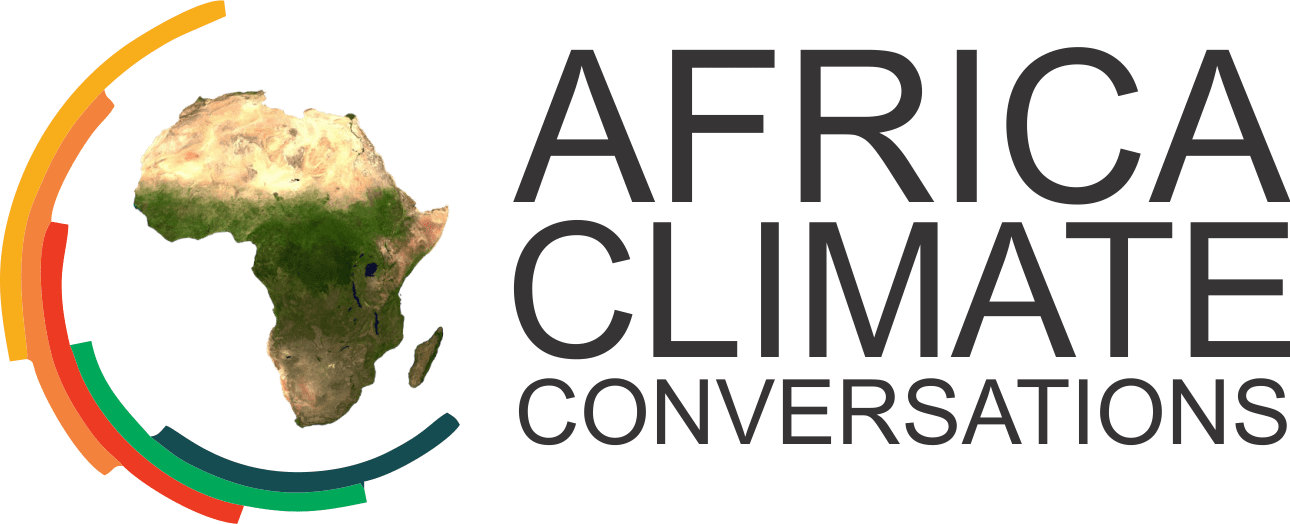
Today we are in Kenya’s Nakuru County in a town named Mai Mahiu meaning “hot water” about 60kms drive from Nairobi City.
Here we meet Lydia Njung’e, the CEO of Eversave Briquettes Limited.
Since 2010, Njung’e has been using agricultural waste materials for manufacturing briquettes. The business started after Njung’e; then, a poultry farmer lost over 2000 birds overnight to carbon poisoning. While seeking advice from the Kenya Agricultural and Livestock Research institute, Njung’e was advised to use briquettes instead of traditional charcoal and her birds mortality rate dropped to zero.
Njung’e would be called often to advise farmers in different forums on how she had stopped her bird’s high mortality rates. With these forums, orders from Farmers started streaming in, and a business idea grew to produce briquettes for bird rearing and domestic use.
Listen to previous podcast explodes here.
Goal sevenof the UN Sustainable development goals aim to ensure access to affordable, reliable, sustainable, and modern energy for all.
More than 2.6 billion people worldwide still do not have access to clean cooking. Three out of four of these people live in sub-Saharan Africa. They still rely on wood, coal, charcoal, or animal waste for cooking and heating.
How safe are charcoal briquettes compared to traditional charcoal?
